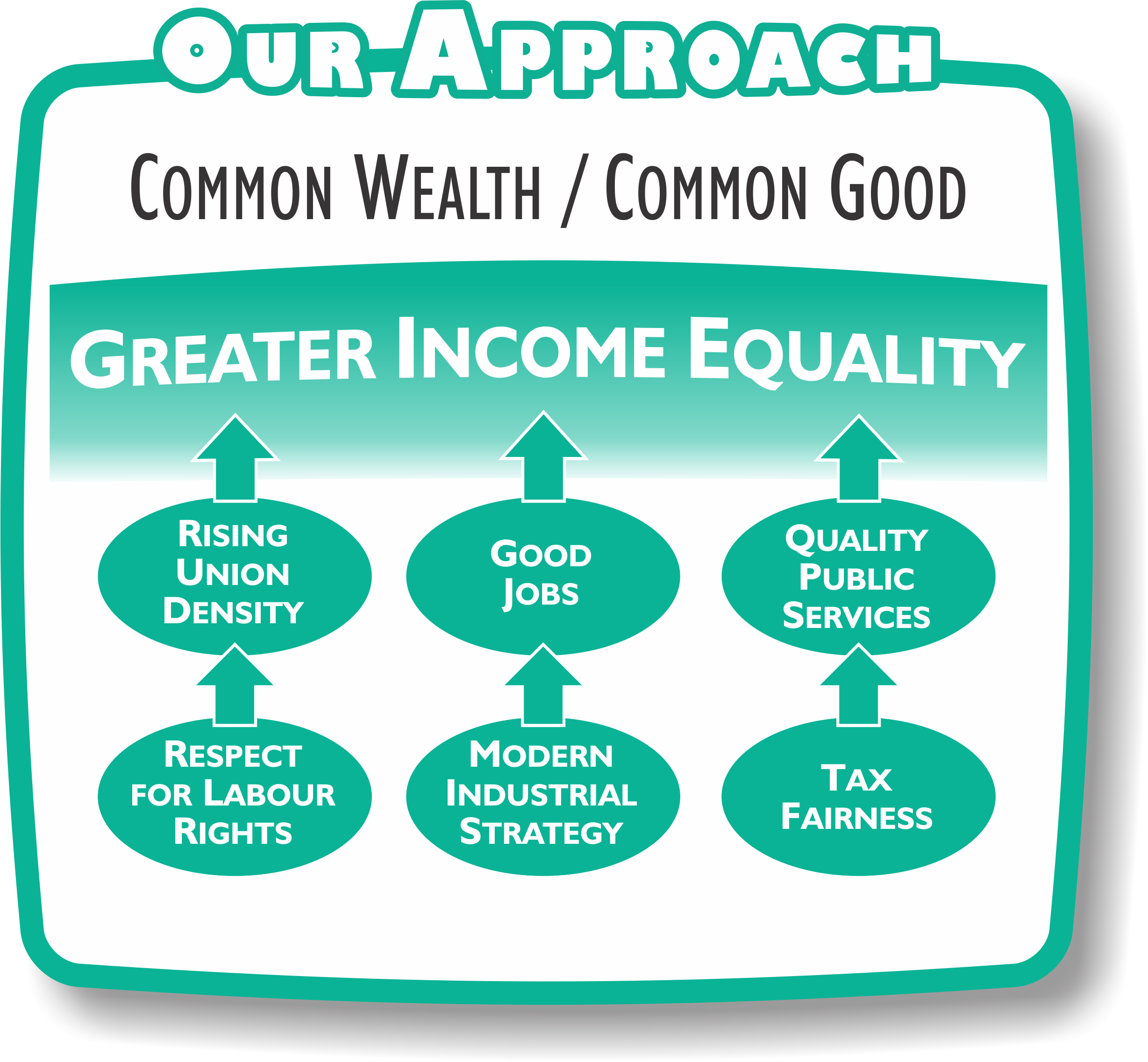NET MED
Online health info you can trust

WHAT DOCTORS DON’T KNOW CAN HURT YOU. Norway created its Electronic Health Library to meet that reality head on. The library offers all Norwegians access to the best medical knowledge in the world—all online.
The library is publicly-funded. It negotiates purchases of licenses with all the leading medical journals to keep down the subscription costs. Maintaining this resource is estimated to cost about $9 million CDN per year—just $44 CDN per healthcare professional.
Library listings include 3,000 or more approved titles, including internationally recognized medical resources such as the Journal of the American Medical Association and Cochrane Reviews. The library also subscribes to a free Canadian vetting service, McMasterPLUS, where on-line journals are regularly checked for scientific accuracy and relevance.
Any Norwegian may access the library, although health professionals appear to be the heaviest users.
The public has free access to most of the data, and uses it, particularly the patient leaflets. Between 200,000 and 250,000 unique users access the data-base every month. Norway has a population of five million.
The editor-in-chief of this online library, Magne Nylenna, refers to this open access as the “democratization of knowledge.”
The library offers every Norwegian access to a trove of reliable information in many other topic areas: such as, pharmaceuticals, public health, mental health, toxicology, and medical law, as well as clinical guidelines and diagnostic tools.
An antidote to the internet
One of the primary reasons people surf the Internet is to look for medical information and advice. The problem is, the web is a minefield of really, really bad, sometimes life-endangering material: anti-vaccination propaganda, quack “natural” cures, fad diets, and pitches for dodgy commercial products. Even when popular websites offer legitimate information, it is too often insufficient to make sense of one’s symptoms.
The Electronic Health Library offers Norwegians a way to get a “second opinion” on what they get from the notoriously unreliable Dr. Google.
Norway’s innovative Electronic Health Library is no substitute for actually visiting a medical professional when something seems amiss. But it is such a good idea it was included as one of the “best practices” in the CLI’s new study Canadian Health Care: The Art of the Possible.
Canadians envy Norwegian achievement
In 2010, there was an attempt in Canada to create something similar—a Canadian Virtual Health Library. It would have created a bilingual network of libraries for use by health professionals.
The Canadian Health Libraries Association (CHLA) received a $800,000 grant from the Canadian Institutes of Health Research to get started, but no federal support was forthcoming, and the project folded after the grant expired.
Canadians doctors do have access to online medical databases through the Canadian Medical Association, but there are significant gaps: several major resources are not included due to cost. Nurses, too, have their own online portal. But nothing approaching the Norwegian resource seems to be on the horizon.
Lee-Anne Ufholz, president of the CHLA, notes that in Canada, it’s not only health professionals who lack ready access to vital information, but also social workers and rehabilitation specialists. Her frustration is evident: “The logistics of trying to get to a pan-Canadian licence on anything—just to get all the people at the table is crazy.
“Norway’s project is beautiful and I’m totally jealous, but they just didn’t have the complexity that we were looking at,” she said.
One difference is, of course, that the Norwegian Electronic Health Library is publicly funded; in Canada, the creation of something similar was left to a professional umbrella organization.
Would federal support ease the burden of creating such an invaluable resource? A reasonable question—one that those interested in professional excellence and a well-informed public should be asking.
- 30 -












Add new comment